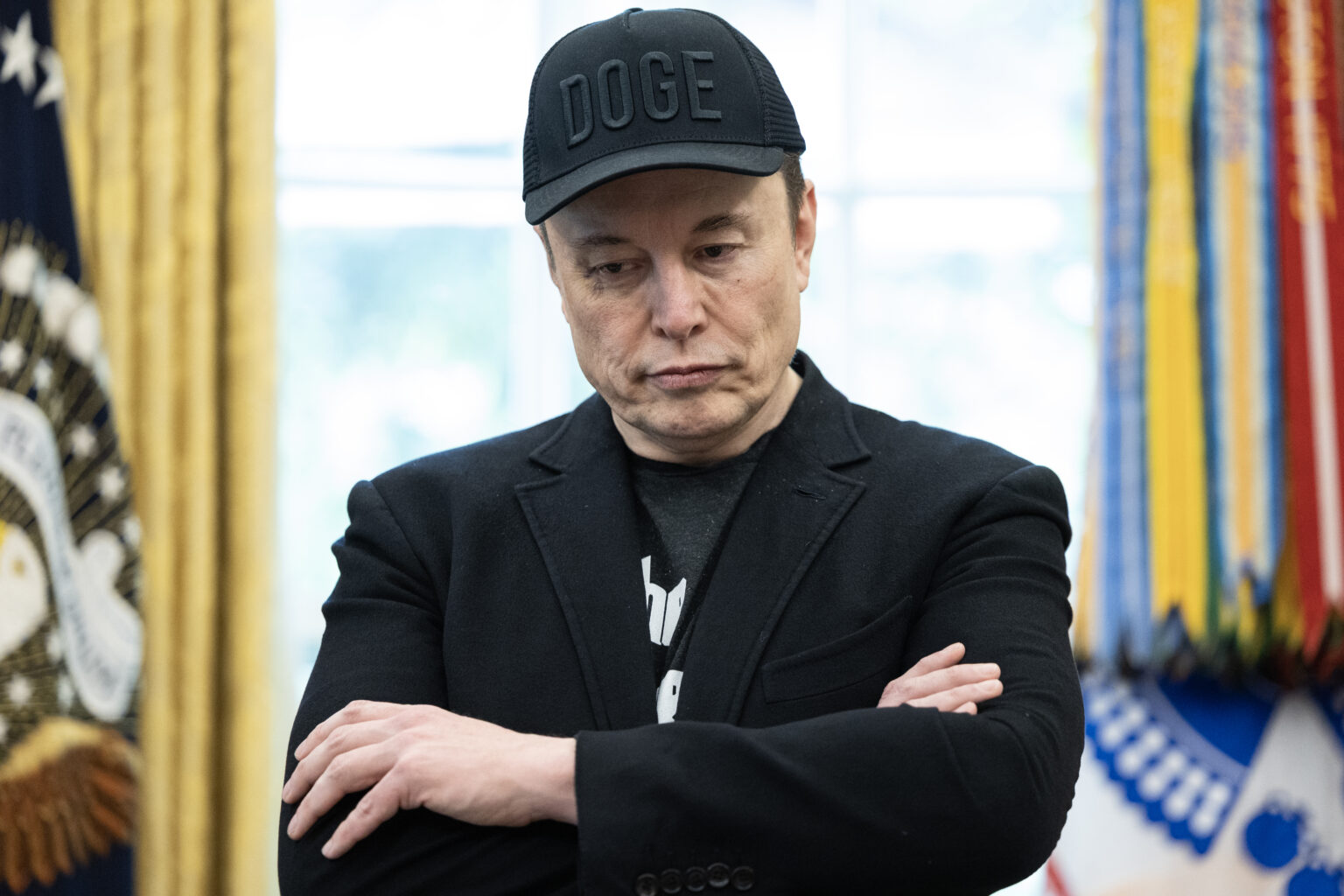Shifting Power Dynamics Within Federal Cost-Cutting Initiatives
In recent months, a notable shift has occurred within the federal government’s approach to budget management and efficiency drives. Senior officials and cabinet members are gradually reclaiming authority from the controversial cost-reduction program led by Elon Musk’s U.S. DOGE Service, a movement that predates Musk’s public disputes with President Donald Trump. This transition marks a significant change in the influence and operational control of the initiative.
Leadership Departures and Reorganization Efforts
As Musk’s relationship with the administration soured, several key figures associated with DOGE have exited government roles. Even before the high-profile fallout, veteran staff such as Steve Davis-who managed cost-saving strategies-lawyer James Burnham, and Katie Miller, a senior advisor married to Deputy Chief of Staff Stephen Miller, were leaving their posts. Notably, Miller is reportedly transitioning to a position within Musk’s private ventures, signaling a shift in allegiances.
Concurrently, cabinet officials-some of whom had previously clashed with Musk-are actively working to reinstate personnel displaced by DOGE’s aggressive cost-cutting policies. While DOGE’s influence persists in certain agencies, its grip is weakening as other political appointees push back against its initiatives, leading to a rebalancing of power within federal agencies.
Commitment to Fiscal Responsibility Remains Strong
Despite the internal shakeup, the White House affirms its dedication to eliminating wasteful spending. Recent proposals include requesting Congress to rescind over $9 billion allocated for global health programs and U.S. public broadcasting. Additionally, the White House budget office has put forward plans to slash nearly a quarter of federal agency budgets-approximately $163 billion-in the upcoming fiscal year starting October.
“DOGE’s core principles are embedded in the fabric of federal operations, and the president remains committed to this mission,” stated White House spokesperson Harrison Fields. “Its presence is not going away anytime soon.”
Resumption of Spending Cuts and Institutionalization
White House budget chief Russell Vought is expected to continue Musk’s agenda of reducing federal expenditures. Sources familiar with the matter indicate that Vought is preparing to escalate efforts to eliminate previously approved funds, signaling a shift from DOGE’s advisory role to a more entrenched position within the Office of Management and Budget (OMB). This transition aligns with the broader Project 2025 blueprint, which aims to institutionalize cost-saving measures across government agencies.
However, actual savings have fallen short of Musk’s ambitious promises. To date, DOGE claims to have saved approximately $180 billion-only a fraction of the $2 trillion target Musk initially set. This underperformance, coupled with the chaos associated with DOGE’s aggressive tactics, has fostered skepticism among agency officials. With Musk’s recent public disputes with Trump, the fear of retaliation has diminished, further weakening DOGE’s influence.
Changing Perceptions and Agency Reactions
Analysts note that DOGE’s previous power stemmed from the perception that Musk’s close ties to the president enabled directives to be perceived as presidential orders. Now, with Musk’s influence waning, this perception is eroding, leading to a reassessment of DOGE’s authority within federal agencies.
For instance, the Federal Aviation Administration (FAA) recently curtailed DOGE’s access to key facilities, including a command center in Virginia and the Air Traffic Academy in Oklahoma City. Several DOGE staff members, many affiliated with Musk’s SpaceX, were stripped of their credentials and internal system access. Official records show that by early June, these individuals no longer held official titles within the agency, and their profiles were scrubbed of any job or organizational affiliations.
Agency officials explained that DOGE’s authority was based on executive orders rather than legislative acts, and Musk’s departure marked the end of his direct influence. An FAA employee indicated that DOGE members were being systematically pushed out, reflecting a broader shift in agency control.
Continued Presence and Influence in Key Sectors
Despite setbacks, DOGE maintains a significant footprint in agencies overseeing federal spending, real estate, and logistics. Its initial focus areas included the Treasury Department, the Office of Personnel Management, and the General Services Administration, where allies continue to drive modernization efforts.
In some agencies, DOGE members have secured influential roles. For example, Interior Secretary Doug Burgum appointed Tyler Hassen, a former oil executive, to lead initiatives aimed at streamlining operations across the department, including IT and international affairs. Similarly, the Department of Energy appointed Carl Coe as chief of staff, a role pivotal in shaping the agency’s strategic direction, especially in energy security and AI leadership.
Other DOGE-affiliated leaders, recognized for their business acumen, are overseeing critical projects. Sam Corcos, a startup founder, is managing efforts at the IRS to implement AI solutions for routine tasks. Meanwhile, Airbnb co-founder Joe Gebbia is spearheading modernization of the federal retirement system, although his future role remains uncertain amid ongoing discussions about DOGE’s broader influence post-Musk.
Emerging Challenges and Security Concerns
Resistance to DOGE’s initiatives has existed even before Musk’s public disputes. In May, security concerns arose when DOGE staff reportedly accessed sensitive facilities at Navy Air Station Patuxent River without proper authorization. A security alert was issued, warning personnel to be vigilant and report any unauthorized presence. The Navy officially denied any breach, asserting that meetings with DOGE representatives were scheduled and authorized.
Legal and Political Developments
Recently, the Supreme Court issued rulings that temporarily restored DOGE’s access to critical Social Security data, ending months of legal restrictions. These decisions could pave the way for renewed influence in data management and security operations. Industry experts, like James Fishback, CEO of Azoria, believe DOGE remains a resilient force, capable of fulfilling its mission of reducing government waste and enhancing accountability under new leadership.
Public and Employee Reactions
As the week concluded, some federal employees expressed relief and even celebration over DOGE’s diminished role. At the FAA, staff gathered for informal drinks, celebrating the end of DOGE’s influence, while also mourning the colleagues who had been reassigned or lost their positions. These moments reflect a broader sentiment of cautious optimism as the federal government recalibrates its approach to efficiency and oversight.

